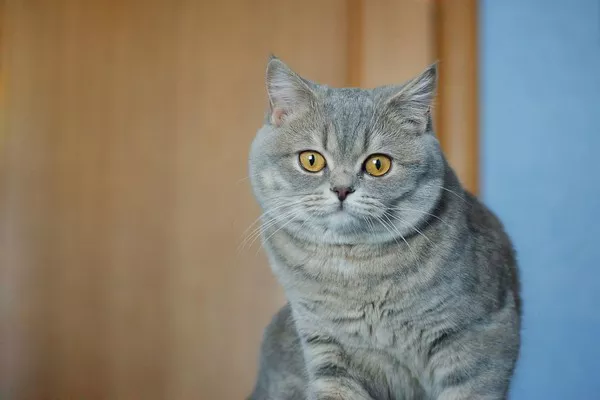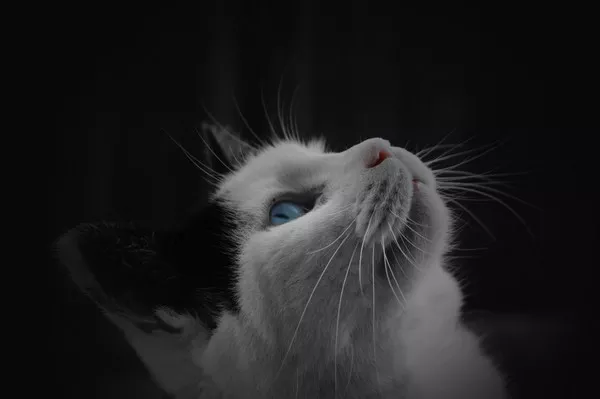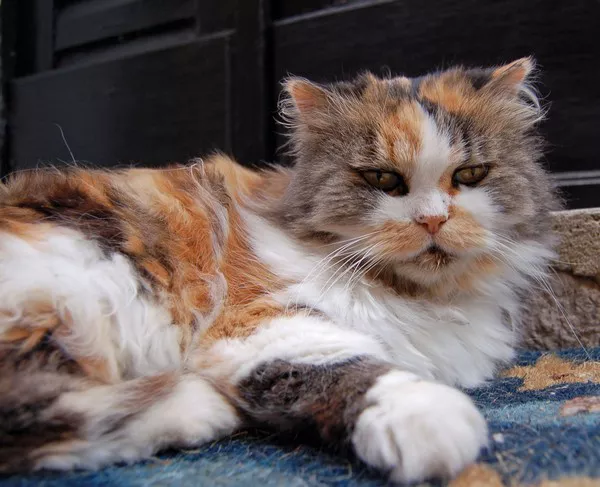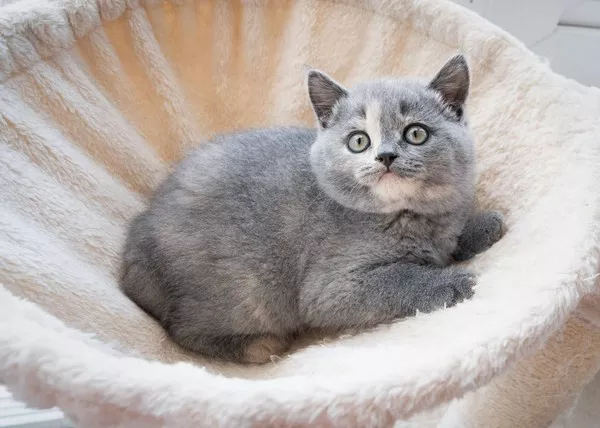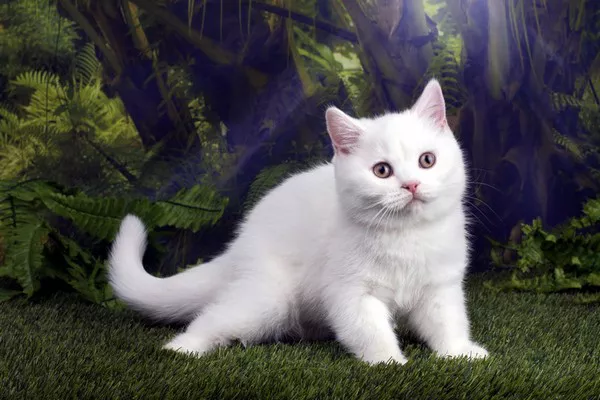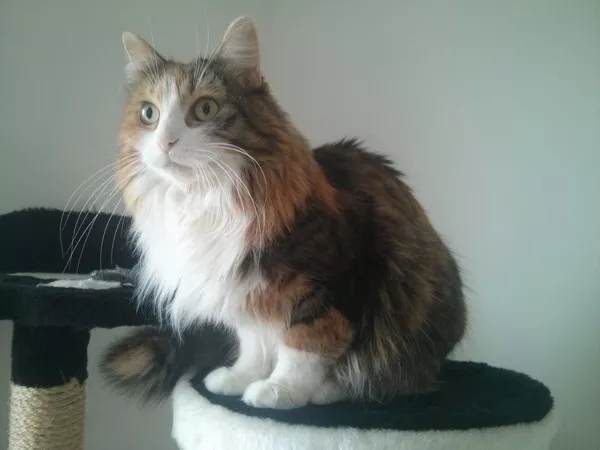The British Shorthair is a beloved breed of cat that has been around for centuries. They are known for their robust physique, friendly personality, and distinctive blue-grey coat. This breed requires a well-balanced diet to maintain its health and vitality. In this article, we will discuss what to feed your British Shorthair, including their dietary requirements, preferred food types, and potential health issues.
Understanding the Dietary Requirements of British Shorthairs
British Shorthairs require a diet that is high in protein, moderate in fat, and low in carbohydrates. This is because they are an active breed that burns a lot of calories throughout the day. A diet that lacks adequate amounts of protein can lead to muscle loss, while too much fat can cause obesity. Additionally, excess carbohydrates can lead to diabetes, which is a common health issue among cats.
To avoid these problems, it is important to choose a high-quality cat food that meets the nutritional needs of your British Shorthair. Look for foods that contain a minimum of 30% protein, 10-15% fat, and less than 10% carbohydrates. It is also important to choose a food that is made with natural ingredients and does not contain any artificial preservatives, colors, or flavors.
Choosing the Right Food for Your British Shorthair
When it comes to choosing a food for your British Shorthair, there are several options available. Here are some of the most popular choices:
1. Dry Cat Food – This type of food is convenient and easy to store. It also helps to keep your cat’s teeth clean by removing plaque and tartar. However, dry food may not be as palatable as wet food, and it can be difficult to find one that meets all of your cat’s nutritional needs.
2. Wet Cat Food – Wet food is rich in moisture, which can help to prevent dehydration and urinary tract problems. It is also more palatable than dry food, making it a good choice for picky eaters. However, wet food can spoil quickly and may be more expensive than dry food.
3. Raw Food – Many cat owners choose to feed their pets a raw food diet, which consists of uncooked meat, bones, and organs. This type of diet is rich in nutrients and can help to improve your cat’s coat and overall health. However, raw food can be expensive and time-consuming to prepare, and there is a risk of bacterial contamination.
4. Homemade Cat Food – Some cat owners prefer to make their own cat food at home, using recipes that include fresh meat, vegetables, and grains. This allows you to control the ingredients and ensure that your cat is getting all of the necessary nutrients. However, homemade cat food can be difficult to balance, and you may need to consult with a veterinarian or animal nutritionist to ensure that your cat is getting everything they need.
Preventing Health Issues in British Shorthairs
British Shorthairs are generally a healthy breed, but like all cats, they are prone to certain health issues. Here are some tips to help prevent these problems:
1. Dental Health – Cats can suffer from a variety of dental problems, including gum disease and tooth decay. To prevent these issues, make sure to brush your cat’s teeth regularly, provide them with toys that promote dental health, and feed them a balanced diet that helps to remove plaque and tartar.
2. Urinary Tract Health – Urinary tract problems are common among cats, especially those that are overweight or inactive. To prevent these issues, make sure your cat stays hydrated, provide them with a high-quality diet that is low in carbohydrates, and encourage them to stay active.
3. Obesity – Obesity is a growing problem among cats, and it can lead to a range of health issues, including diabetes, arthritis, and heart disease. To prevent obesity, feed your cat a balanced diet, provide them with regular exercise, and monitor their weight closely.
Conclusion
In conclusion, the British Shorthair is a wonderful breed of cat that requires a well-balanced diet to maintain its health and vitality. By choosing the right food for your pet and taking steps to prevent common health issues, you can help your British Shorthair live a long and happy life. If you have any concerns about your cat’s health or diet, be sure to consult with a veterinarian or animal nutritionist for guidance.

